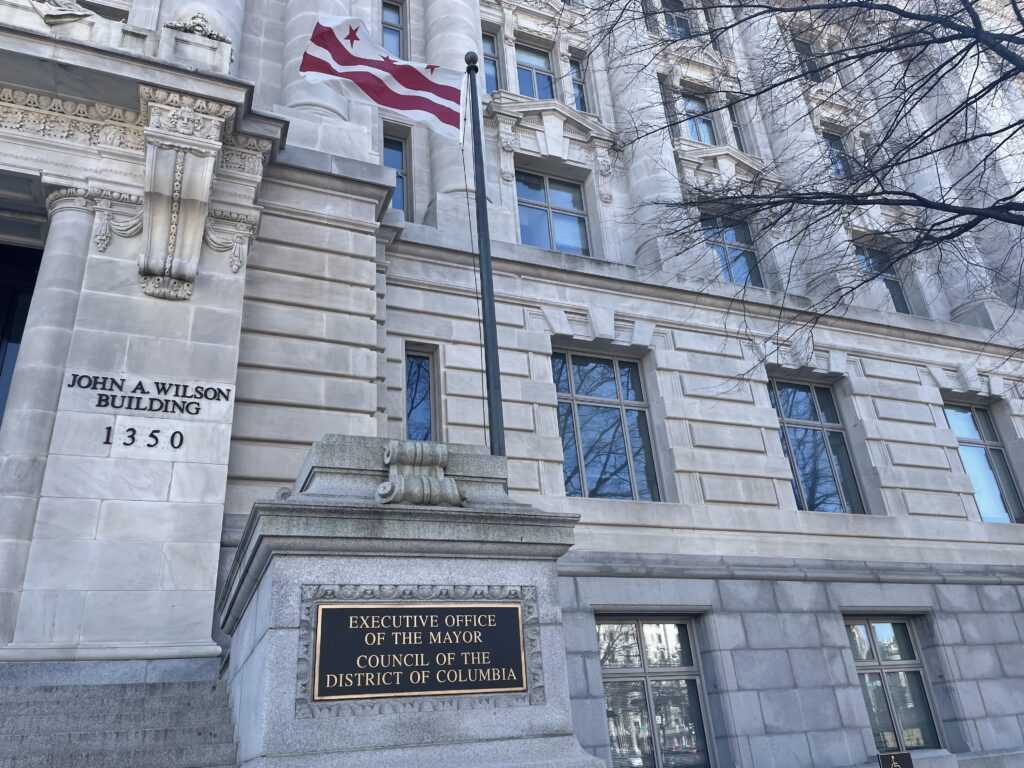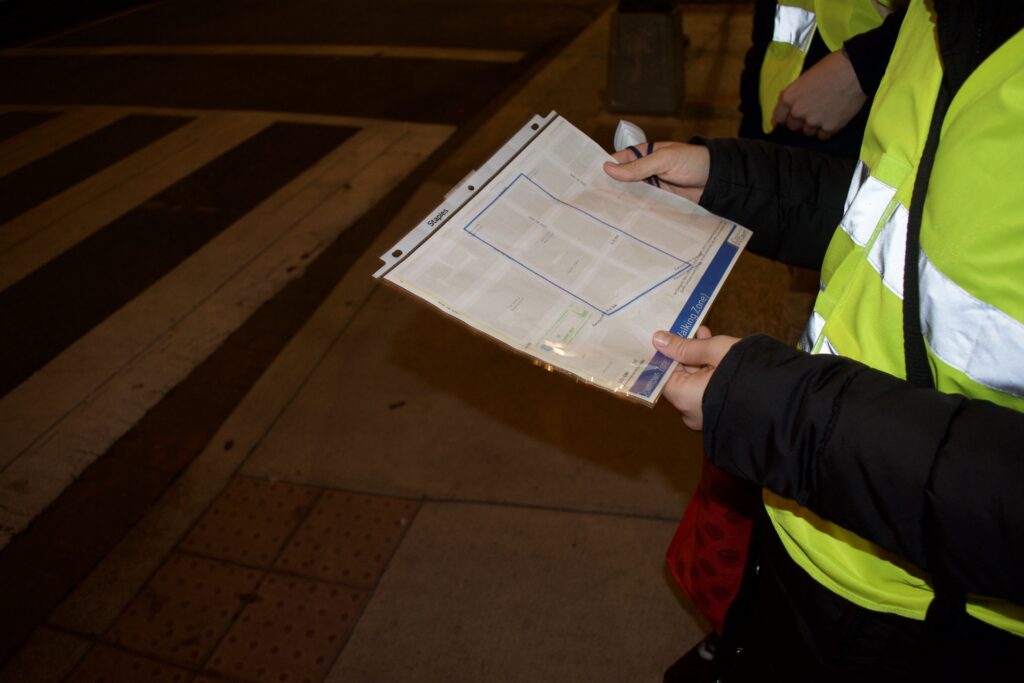The D.C. Council passed the city’s fiscal year 2024 budget on May 30. The budget, which now heads to the mayor and Congress for approval, reverses many of the cuts to social services Mayor Muriel Bowser proposed in March.
In a new measure, any surplus revenue the District has at the end of this year will be spent on benefits and relief for excluded workers, though such a surplus is unlikely. Finally, the council voted to add an additional $33 million in newly available federal funding to the Emergency Rental Assistance Program (ERAP) for this year, but it’s not yet clear when applications will reopen.
Two weeks ago, the council voted on the 2024 budget for the first time, restoring money for ERAP, legal services for people facing eviction, survivors of domestic violence and homeless services. The council also added money for 230 new Permanent Supportive Housing (PSH) vouchers — Bowser had not funded any.
But advocates and some councilmembers pushed for more funding for some programs, including food access and PSH vouchers. The Way Home Campaign, a group of organizations that advocate for ending homelessness, supports an additional 1,500 vouchers.
At the May 30 meeting, Ward 4 Councilmember Janeese Lewis George introduced an amendment that would require any additional money D.C. has at the end of 2023 to be distributed to people who are on the Supplemental Nutrition Assistance Program (SNAP) and people who did not receive unemployment benefits during the Covid-19 emergency.
The amendment calls for the first $39 million of unexpected funds to be used to fund the Give SNAP a Raise Act, which would provide a local SNAP benefit to supplement federal benefits. People who are already on SNAP would receive the extra benefit from Jan. 2024 through Sept. 2024, which increases the household’s monthly benefit by up to 10%. District residents who are on SNAP currently receive about $6 a day, on average, and may still be adjusting from a decrease in SNAP benefits paired with the end of the pandemic.
‘We have neighbors whose monthly SNAP benefits are now reduced to double and single digits,” Lewis George said. “We can make the difference for these residents.”
The next $20 million would be distributed to people who were excluded from receiving local and federal pandemic assistance. D.C. initially approved a benefit for excluded workers last year, but the money was never distributed, and the mayor’s proposed budget for 2024 cut funding for the measure. Last year, the council estimated the money could provide a $1,000 check to about 15,000 excluded workers. Dozens of excluded workers testified throughout the budget process, calling for the money to be restored.
The amendment passed unanimously, but Council Chair Phil Mendelson warned it was unlikely D.C. would actually have the surplus to implement it.
“There is generally a feeling that the chances of our revenue growing to this magnitude is slim,” he said. “Folks should not walk away from here saying ah, we have funded SNAP.”








